Books
Recent articles
The Transmitter’s most-read neuroscience book excerpts of 2025
Books by Nachum Ulanovsky, Nicole Rust, and Andrew Iwaniuk and Georg Striedter made the list of some of the year's most engaging neuroscience titles.

The Transmitter’s most-read neuroscience book excerpts of 2025
Books by Nachum Ulanovsky, Nicole Rust, and Andrew Iwaniuk and Georg Striedter made the list of some of the year's most engaging neuroscience titles.
‘Wired for Words: The Neural Architecture of Language,’ an excerpt
In his new book, Hickok provides a detailed overview of the research into the circuits that control speech and language. In this excerpt from Chapter 5, he shares how meeting his colleague David Poeppel led to them developing the theory for bilateral speech perception.
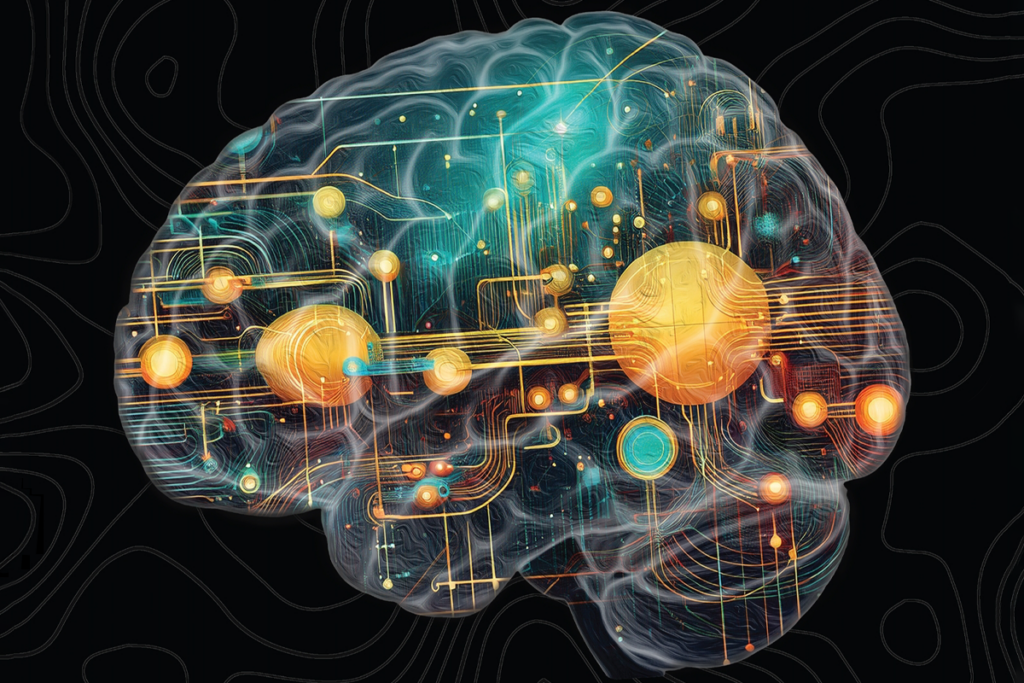
‘Wired for Words: The Neural Architecture of Language,’ an excerpt
In his new book, Hickok provides a detailed overview of the research into the circuits that control speech and language. In this excerpt from Chapter 5, he shares how meeting his colleague David Poeppel led to them developing the theory for bilateral speech perception.
‘What Is Intelligence?’: An excerpt
In his new book, published today, Blaise Agüera y Arcas examines the fundamental aspects of intelligence in biological and artificial systems. In this excerpt from Chapter 4, he examines temporal difference, a reinforcement learning algorithm.
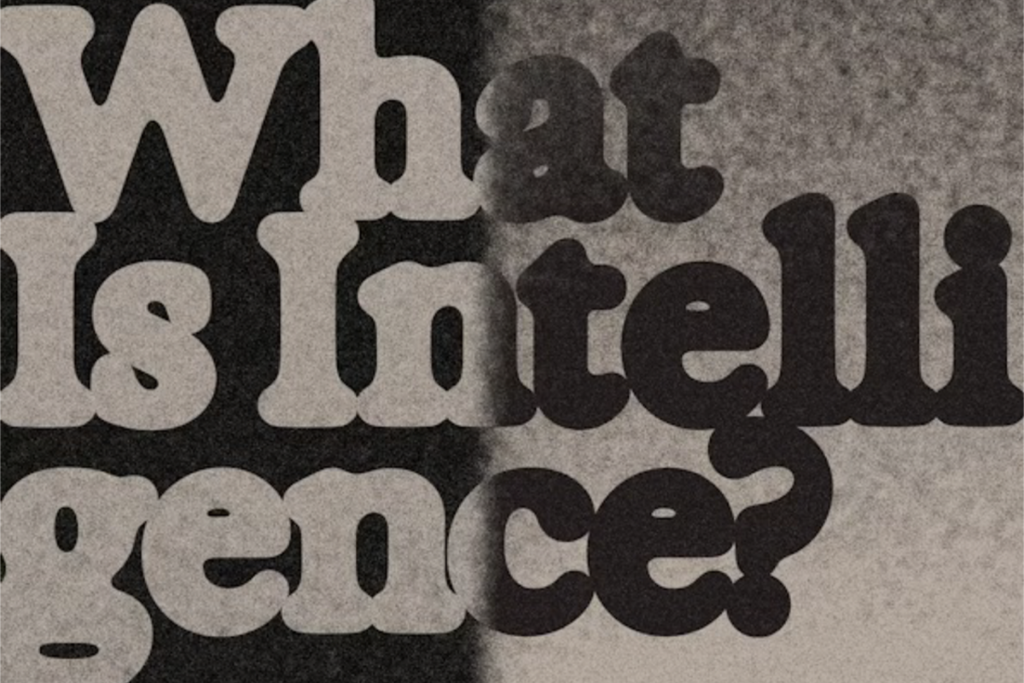
‘What Is Intelligence?’: An excerpt
In his new book, published today, Blaise Agüera y Arcas examines the fundamental aspects of intelligence in biological and artificial systems. In this excerpt from Chapter 4, he examines temporal difference, a reinforcement learning algorithm.
The Transmitter’s reading list: Six upcoming neuroscience books, plus notable titles in 2025
Dig into an exploration of the fundamental aspects of intelligence, a new textbook about theoretical neuroscience and a memoir about memory research, among other new releases.
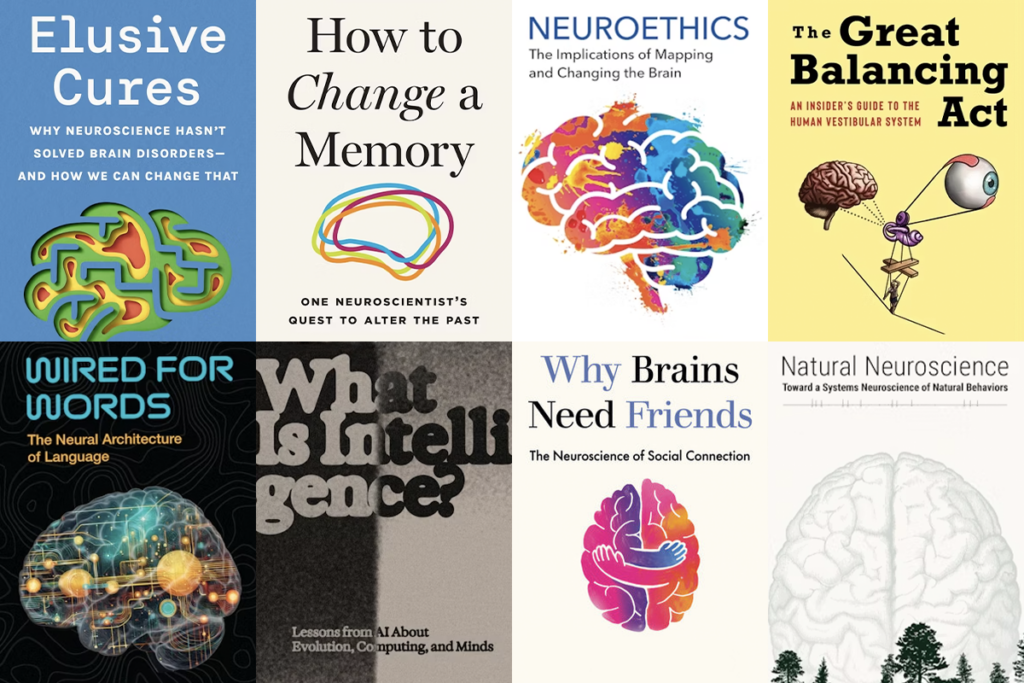
The Transmitter’s reading list: Six upcoming neuroscience books, plus notable titles in 2025
Dig into an exploration of the fundamental aspects of intelligence, a new textbook about theoretical neuroscience and a memoir about memory research, among other new releases.
‘Bird Brains and Behavior,’ an excerpt
In their new book, published today, Georg Striedter and Andrew Iwaniuk dive deep into the latest research on the neural mechanisms of avian behavior. This excerpt from Chapter 2 explores how birds sleep.
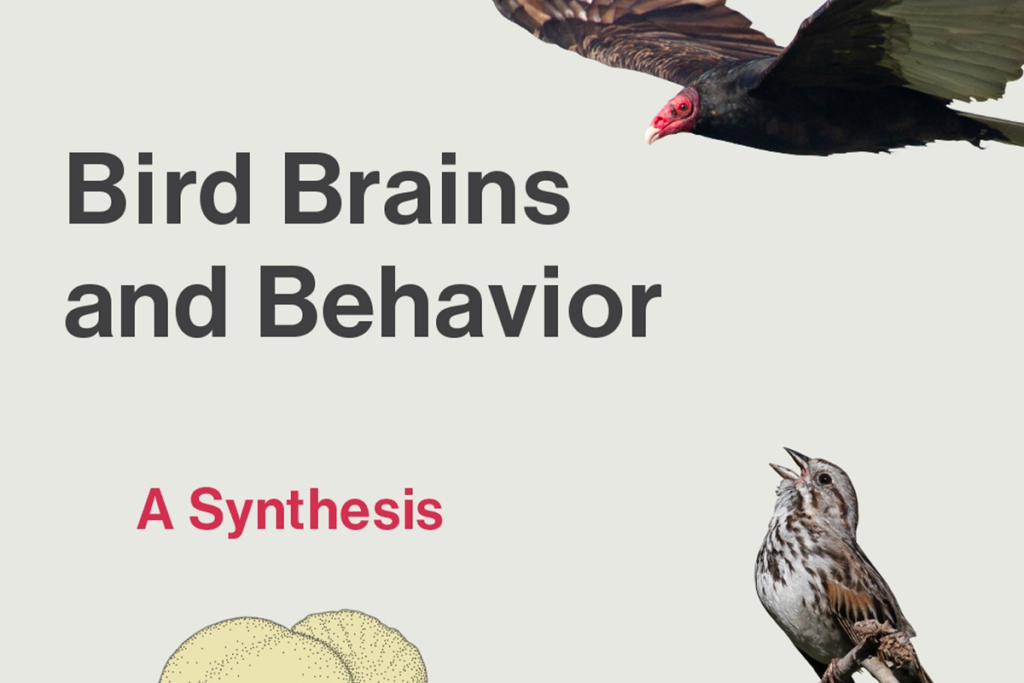
‘Bird Brains and Behavior,’ an excerpt
In their new book, published today, Georg Striedter and Andrew Iwaniuk dive deep into the latest research on the neural mechanisms of avian behavior. This excerpt from Chapter 2 explores how birds sleep.
‘Elusive Cures: Why Neuroscience Hasn’t Solved Brain Disorders—and How We Can Change That,’ an excerpt
In her new book, published today, neuroscientist Nicole Rust takes us on her personal quest to spell out the brain research community’s “Grand Plan.”
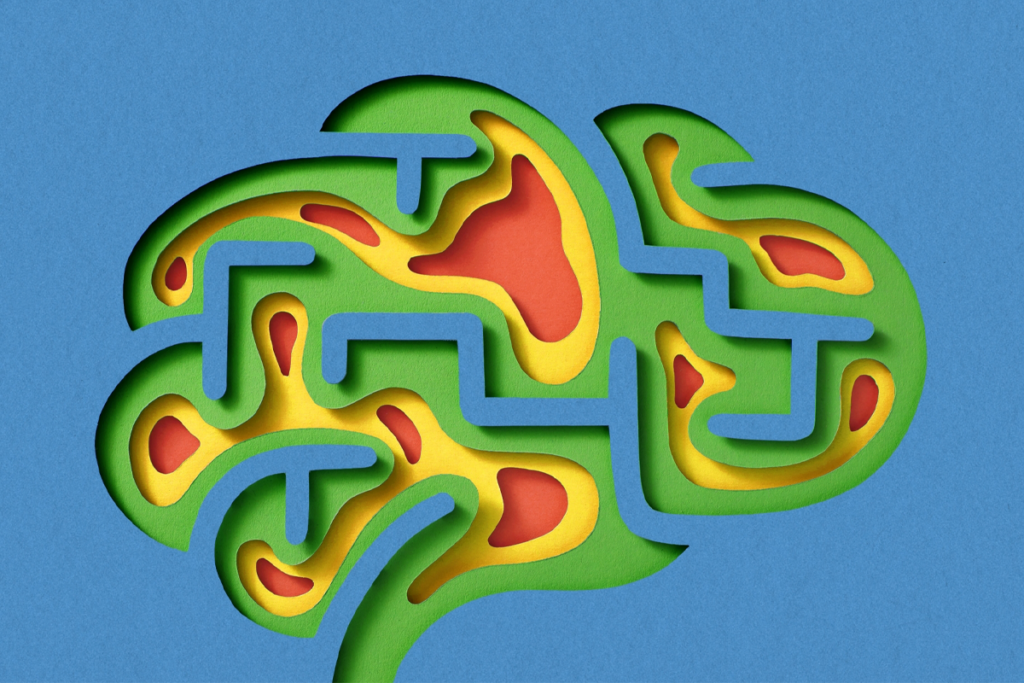
‘Elusive Cures: Why Neuroscience Hasn’t Solved Brain Disorders—and How We Can Change That,’ an excerpt
In her new book, published today, neuroscientist Nicole Rust takes us on her personal quest to spell out the brain research community’s “Grand Plan.”
‘Natural Neuroscience: Toward a Systems Neuroscience of Natural Behaviors,’ an excerpt
In his new book, published today, Nachum Ulanovsky calls on the field to embrace naturalistic conditions and move away from overcontrolled experiments.

‘Natural Neuroscience: Toward a Systems Neuroscience of Natural Behaviors,’ an excerpt
In his new book, published today, Nachum Ulanovsky calls on the field to embrace naturalistic conditions and move away from overcontrolled experiments.
‘Bioethics and Brains: A Disciplined and Principled Neuroethics,’ an excerpt
In their new book, published earlier this week, Giordano and Shook examine how ethics can guide neuroscience research and its real-world applications.
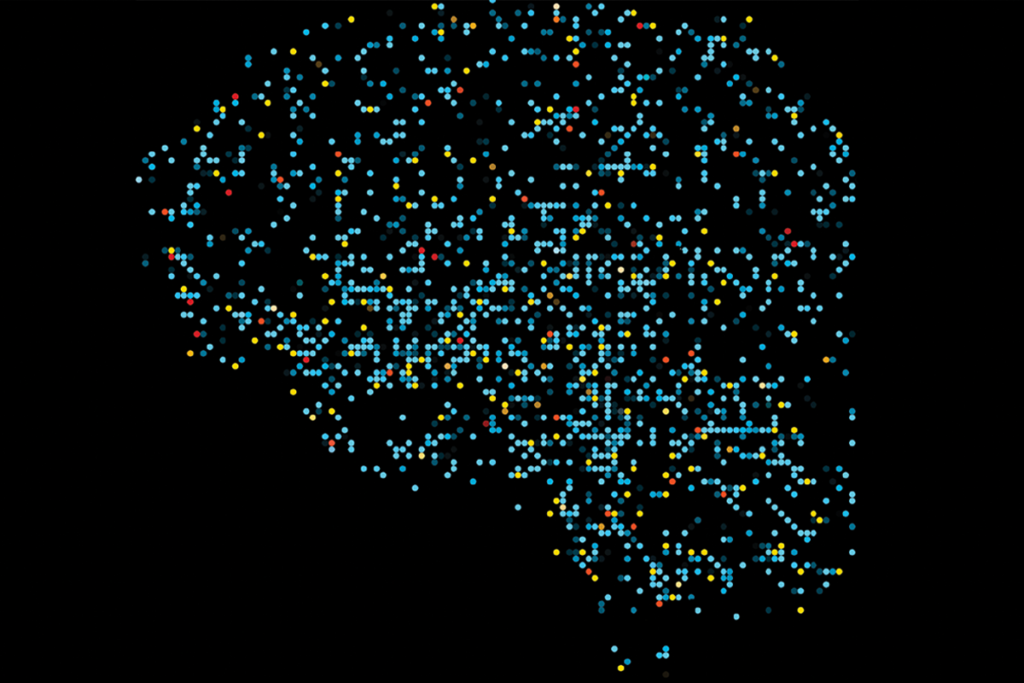
‘Bioethics and Brains: A Disciplined and Principled Neuroethics,’ an excerpt
In their new book, published earlier this week, Giordano and Shook examine how ethics can guide neuroscience research and its real-world applications.
‘Doctored: Fraud, Arrogance, and Tragedy in the Quest to Cure Alzheimer’s,’ an excerpt
In his new book, published today, investigative journalist Charles Piller tells the story of the scientific misconduct that shook Alzheimer’s disease research to its core, and the neuroscientist who helped to expose it.

‘Doctored: Fraud, Arrogance, and Tragedy in the Quest to Cure Alzheimer’s,’ an excerpt
In his new book, published today, investigative journalist Charles Piller tells the story of the scientific misconduct that shook Alzheimer’s disease research to its core, and the neuroscientist who helped to expose it.
Future watch: What should neuroscience prioritize during the next 10 to 20 years?
For The Transmitter’s first annual book, five contributing editors reflect on what subfields demand greater focus in the near future—from dynamical systems and computation to technologies for studying the human brain.
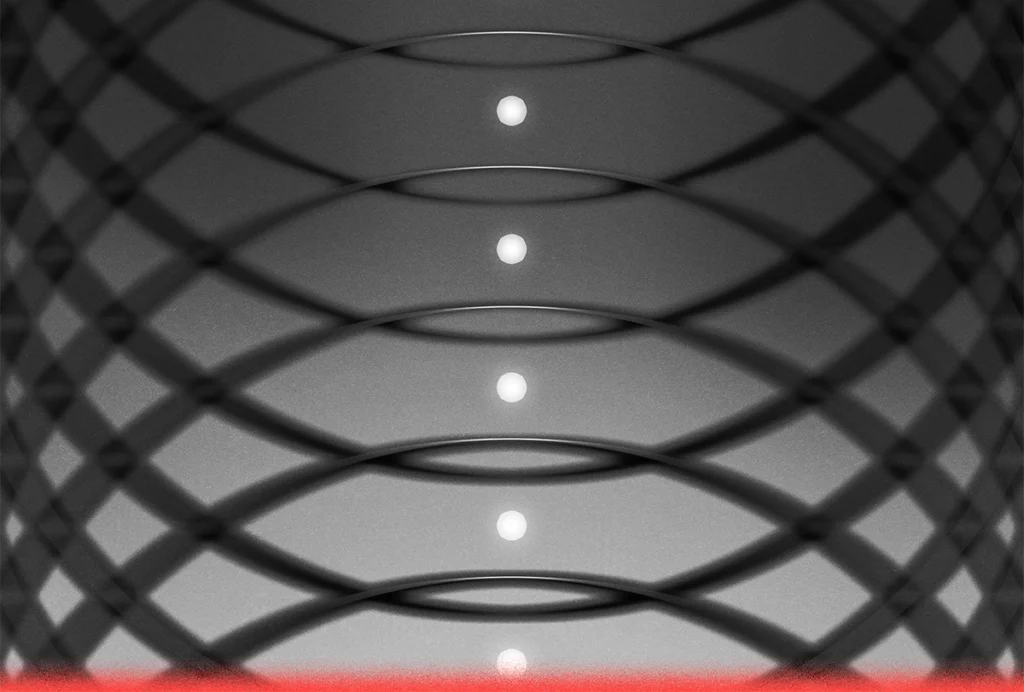
Future watch: What should neuroscience prioritize during the next 10 to 20 years?
For The Transmitter’s first annual book, five contributing editors reflect on what subfields demand greater focus in the near future—from dynamical systems and computation to technologies for studying the human brain.
Explore more from The Transmitter
Lack of reviewers threatens robustness of neuroscience literature
Simple math suggests that small groups of scientists can significantly bias peer review.

Lack of reviewers threatens robustness of neuroscience literature
Simple math suggests that small groups of scientists can significantly bias peer review.
Dendrites help neuroscientists see the forest for the trees
Dendritic arbors provide just the right scale to study how individual neurons reciprocally interact with their broader circuitry—and are our best bet to bridge cellular and systems neuroscience.

Dendrites help neuroscientists see the forest for the trees
Dendritic arbors provide just the right scale to study how individual neurons reciprocally interact with their broader circuitry—and are our best bet to bridge cellular and systems neuroscience.
Two primate centers drop ‘primate’ from their name
The Washington and Tulane National Biomedical Research Centers—formerly called National Primate Research Centers—say they made the change to better reflect the breadth of research performed at the centers.

Two primate centers drop ‘primate’ from their name
The Washington and Tulane National Biomedical Research Centers—formerly called National Primate Research Centers—say they made the change to better reflect the breadth of research performed at the centers.